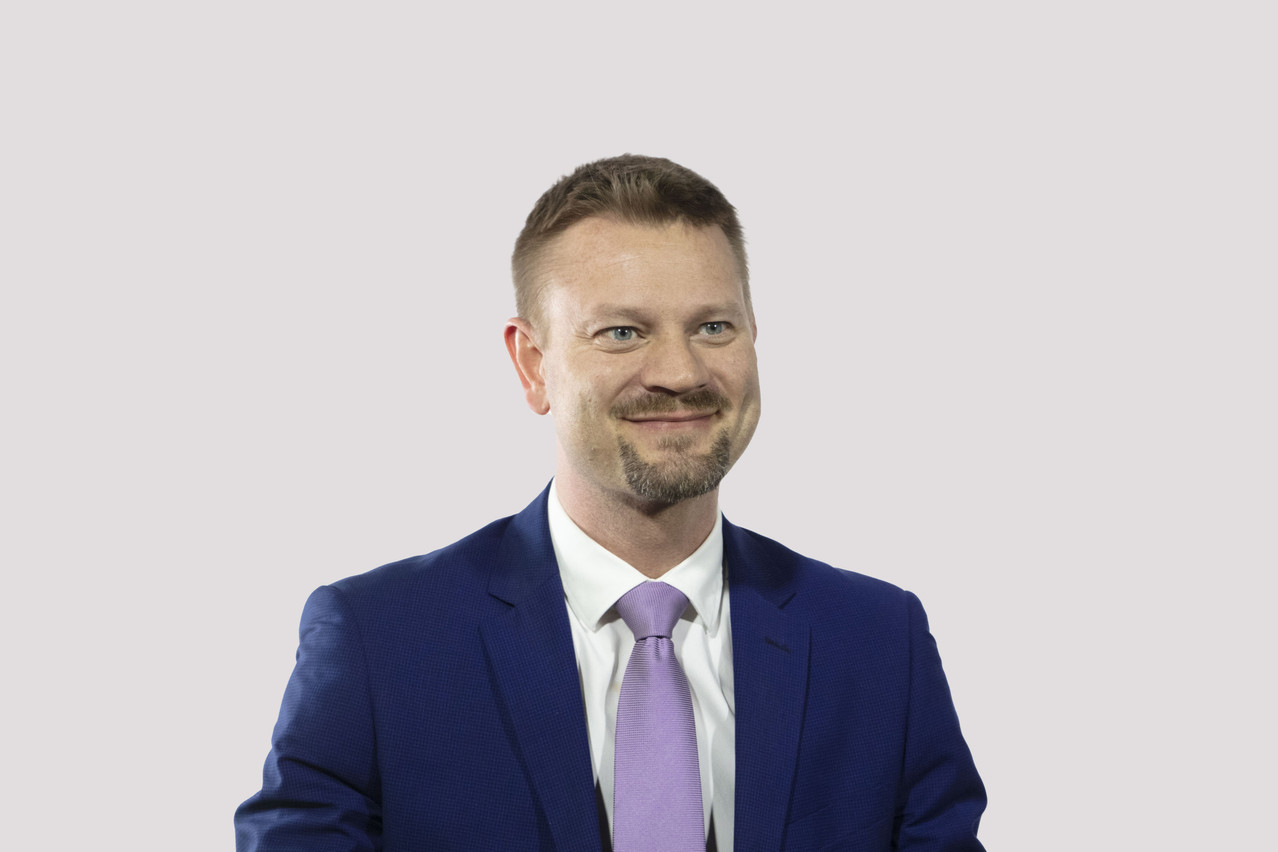Streamline, unlock data and focus on the end investor
There are three basic approaches to release this vision. The first is to streamline and to make the fund distribution chain itself more efficient. Currently, the various actors in the chain do not work together effectively or in a cost-effective manner and produce many redundancies, particularly when it comes to maintaining their own separate ledgers.
Secondly, while the chain contains much valuable data and information, it is difficult and expensive to aggregate, and too often under-exploited. Data volumes, variety and velocity are growing, and the ability to access and master data flows will be an important differentiator, as already seen in many other industries. Distribution actors can get real and actionable insights that improve operational processes and their relationships with other actors, in particular the end investor.
Getting closer to the end investors is now key, especially for asset managers, who generally have no real view on them. Additionally, if they want to attract more investors, the buying and client experience need to be greatly optimised and made much simpler and easier for investors.
However, with the existing ways of working and the distribution chain as it is, this requires profound changes in systems and operations. The technology is simply not up to the job. A blockchain-based infrastructure shared across all actors enables the fund industry to step up their game.
Work differently to reach goals
However, while many in the industry can see the opportunities in this, it is a big change, and moving from legacy systems requires resources and efforts. The willingness is there but the main issue is agility. With their specific talent and expertise, the FinTech provide support for adoption.
The FinTech look at product development and product management in an iterative and collaborative way. Fund actors should build incrementally by working from use cases and proofs of work that make strong business sense, one step at a time. This step-by-step way of working means that less resources and time are needed to see an initial result that has immediate, real-world use. Further along, any iterated version of a product ‘learns’ from what has come before.
What this approach means is that firms should favour agile product management for digital transformation. The end result will be a more intelligent and adaptive distribution chain. Importantly, distribution actors can respond nimbly to any market changes. As in the past, the future belongs to those who are most adaptable to change.
